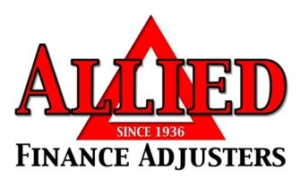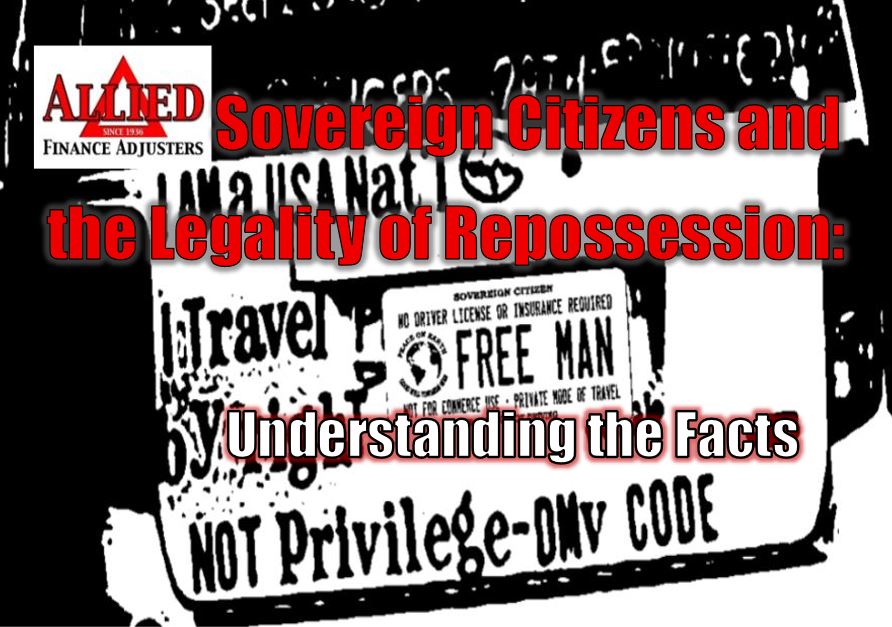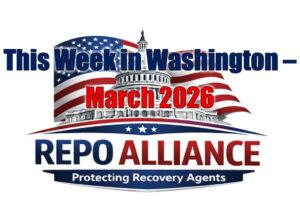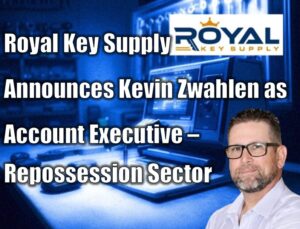Editorial from Allied Finance Adjusters Conference Inc.
In recent years, repossession agents across the country have encountered an increasing number of individuals claiming “sovereign citizen” status to challenge the lawful recovery of collateral. These encounters can be confusing and, at times, confrontational. Understanding why repossession remains lawful—even when a debtor claims to be a sovereign citizen—is crucial for repossession professionals and clients alike.
What Is a Sovereign Citizen?
The sovereign citizen movement is a fringe ideology based on the belief that individuals can declare themselves immune from U.S. laws, including contracts, taxes, and court jurisdiction. These individuals often misuse constitutional language and legal-sounding phrases in an effort to avoid responsibility.
Why Sovereign Claims Don’t Block Repossession
- Repossession Is a Private Right Under Contract and Federal Law
Repossession is not a government action—it’s a contractual remedy. Under the Truth in Lending Act (15 U.S.C. § 1601) and Federal Reserve Regulation Z, creditors must disclose repossession rights in their loan agreements. Once a borrower defaults, the right to recover collateral is triggered.
- UCC Article 9 Allows Recovery Without Court Order
The Uniform Commercial Code (UCC), Article 9, applies across all 50 states and permits secured creditors to repossess property without court involvement, provided it is done peacefully.
- Courts Routinely Reject Sovereign Citizen Arguments
In United States v. Benabe, 654 F.3d 753 (7th Cir. 2011), the court clearly stated: “Regardless of an individual’s claimed status… they are subject to the laws of the United States.” Sovereign citizen theories are considered frivolous and carry no weight in federal or state courts.
- False Documents Are Federal Crimes
Some sovereign citizens use fake liens, “common law” titles, or bogus affidavits. These tactics violate 18 U.S.C. § 514 (false instruments) and 18 U.S.C. § 1001 (false statements), both federal offenses.
Guidance for Repossession Agents
– Remain calm and professional. Avoid debating legal theories.
– Document the recovery. Use timestamps, photos, and written notes.
– Understand your rights. You’re enforcing a contract, not violating rights.
– Call law enforcement if the encounter becomes hostile or unsafe.
Final Word
Even when faced with fringe beliefs and false documents, repossession remains fully lawful under federal and contractual law. As long as agents operate within UCC Article 9 and peaceful recovery protocols, sovereign citizen claims cannot interfere.
“At Allied Finance Adjusters, we stand firmly behind the legal rights of our members to enforce secured interests under UCC Article 9. Sovereign citizen ideology has no standing in American law and does not override the binding terms of a finance agreement.“
Allied Finance Adjusters, Conference Inc. Board Statement

By Roxanne Harris,
Marketing Director,
Allied Finance Adjusters
Disclaimer
This article is intended for general informational purposes only and does not constitute legal advice. I am not an attorney. Repossession laws and enforcement procedures may vary significantly from state to state. Always consult with a qualified attorney or legal advisor familiar with your jurisdiction before taking action in the field.
 About AFA
About AFA
Allied Finance Adjusters (AFA) is the oldest, not-for-profit, national trade association of certified, insured and CFPB compliant recovery professionals. AFA has led the industry as the first trade association to offer its members CFPB Training & ongoing continuing education. AFA Members are the most professional in the industry at locating and repossessing collateral on behalf of all lending institutions including, banks, credit unions, financial institutions, rental & leasing companies, buy here pay here, auto, truck and equipment dealerships.
All new AFA Members must pass rigorous physical office inspections and background checks. AFA does not support Phantom or Ghost offices period. All AFA members are independent professional business operators and are covered by the AFA $1,000,000 Fidelity Coverage Policy.
For more information please contact our home office (800) 843-1232. “Professionals Hire Professionals”












More Stories
Colorado Bill Aims to Severely Impact All Repossession Operations
Today is Fallen Agents Day – 2026
The Fallen 2026
From Auction Cutting to Field Programming: The Structural Shift No One Budgeted For
Bad Apples in the Repossession Industry
Why Self-Help Repossession Is Taken for Granted — and Why Losing It Would Hurt Consumers Most